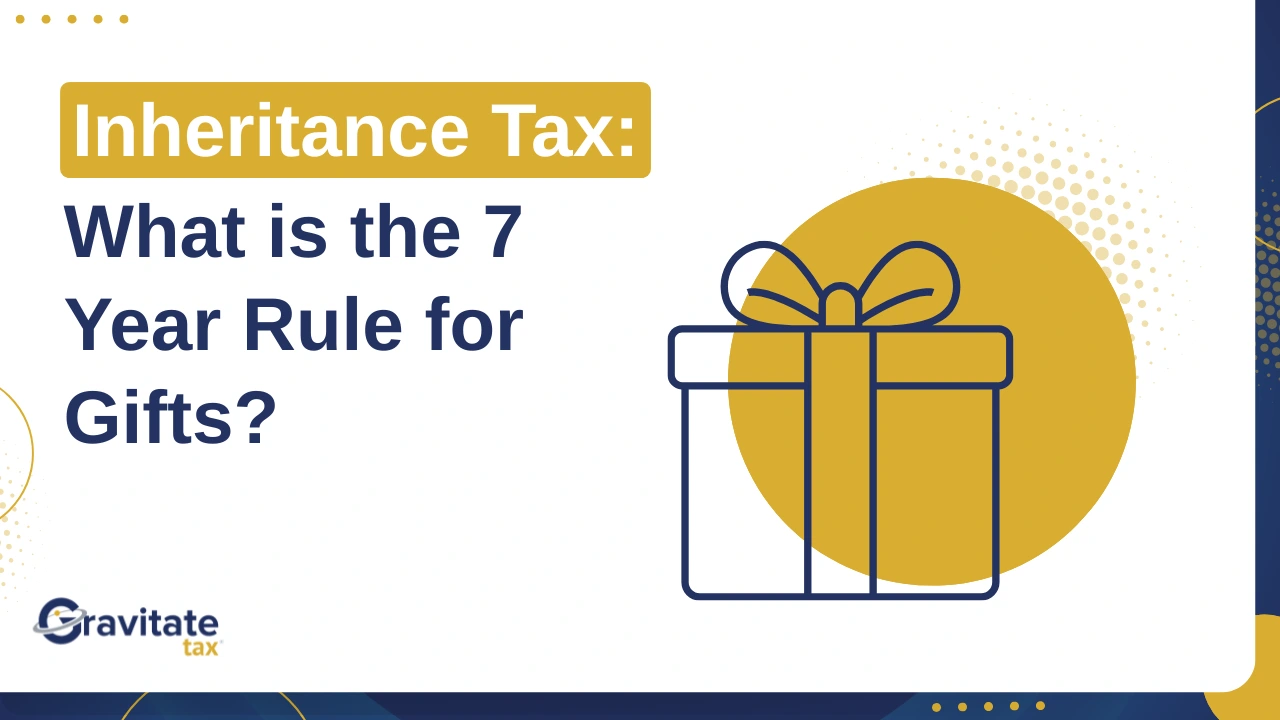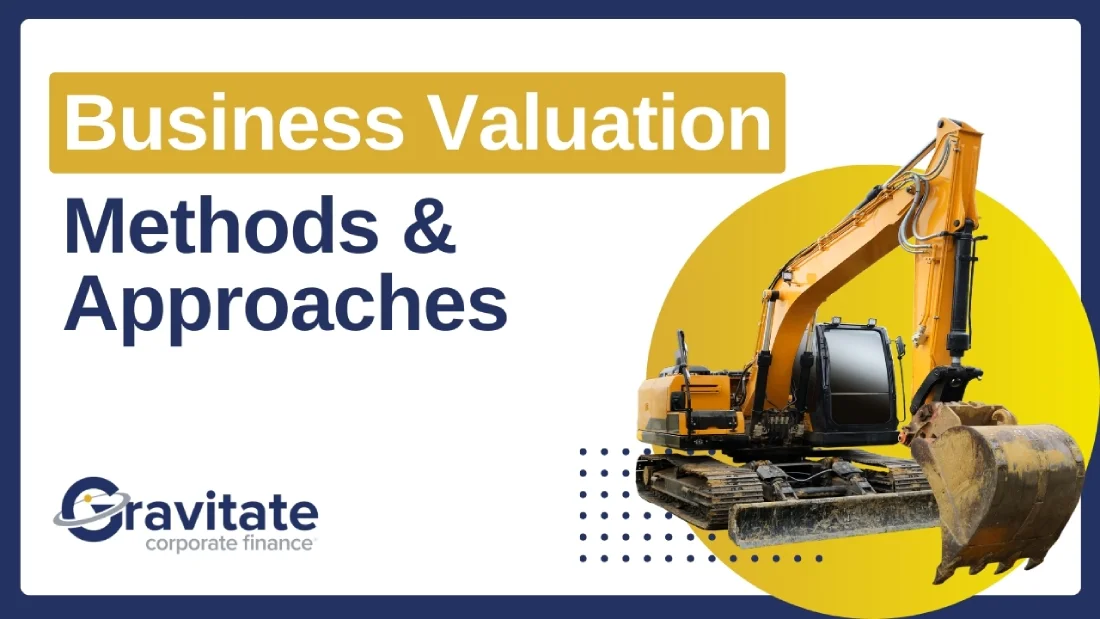As a business owner, you’ve probably heard someone tell you “Oh, just claim that back as a business expense”.
But when you are unsure on what classifies as a business expense, you risk HRMC knocking at your door. This blog explains why you should put expenses through your business and what counts as a business expense.
How business expenses work
If you are buying things personally you will have already paid tax and national insurance on this so you may have already given up between 8.75% to 60% of the money in tax.
For example, a £40 phone contract you are paying personally could cost you £100 if you are paying the highest rate of tax, so it is important you are taking advantage where you can.
List of expenses that can be put through your business
Below is a summary of expenses that you can put through your business. As a business owner you should be having regular discussions with your accountants/advisors as there is detail behind each one that also needs to be considered:
- Mileage: Fuel is generally a no go but make sure any business miles you pay yourself 45p a mile up to 10k miles (after that you can claim 25p per mile).
- Work from home: Make sure you are claiming the work from home allowance of £312 a year if eligible. If you have a significant base at home you could look at prorating your bills to see if the cost is more and claim this.
- Subsistence and entertaining: Client entertaining can go through the business as an allowable expense but you may not be able to claim corporation tax relief but it is still better than you buying personally from taxed money.
- Mobile phone: The key here is put it in the company name, then you can claim 100% of the cost (and recover the VAT). If it is in your personal name, you can only claim the company element for corporation tax relief and no VAT can be recovered so make sure you get it through the business.
- Insurances: Are you paying insurances personally that could go through the business? Some may be taxable benefits but by putting them through the company you will get corporation tax saving and avoid national insurance.
- Pensions: Company directors can put up to £60k a year into a pension, saving £15k in corporation tax and (hopefully) the value of your pension will grow over time. If you haven’t utilised your full allowances in the previous years you may be able to make further contributions now and benefit from the corporation tax saving. This is certainly one where you should seek advice.
- Staff parties: You can host staff parties up to a total cost of £150 per person per year.
- Staff gifts: as company directors you can treat yourself to 6 £50 gifts per year for all your hard work. For employees there is actually no limit but we advise being reasonable with this, regular £50 rewards may seen by HMRC as payments in lieu of salary so stick to the limit of 6.
- Company cars: If you can go electric or pick certain hybrids then the tax savings here can be massive. You can also look to put the associated insurance, charging costs, set up costs through as well.
See also: Benefits in Kind
Understanding these allowable expenses is crucial. This is a summary, and detailed discussions with your accounting experts are imperative as they can navigate the specifics and nuances behind each expense, ensuring compliance and maximising your benefits.
Remember, staying informed is the key to financial success so get in touch with us today.

.png)


.png)

.png)
.png)

.png)
.png)
.png)













.png)
.png)
.png)

.png)
.png)

.png)


.webp)
.webp)













.jpg)

.webp)
.png)

.svg)
